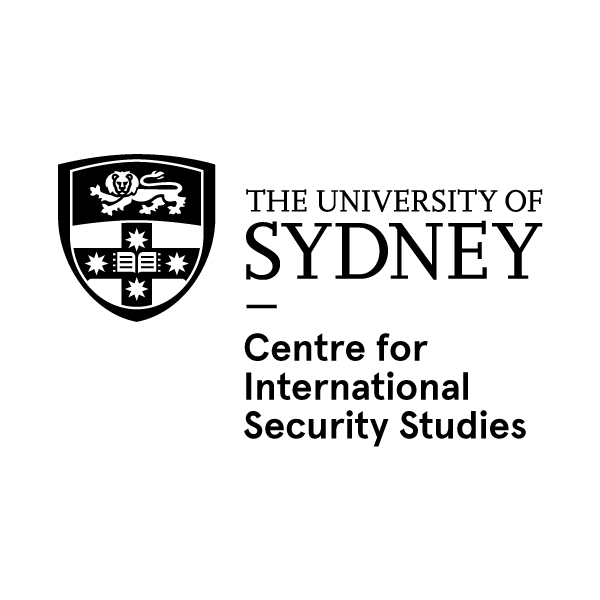
Ruin Warfare: Weaponising Heritage from UNESCO to NATO
International organisations including UNESCO, NATO, and the ICC now recognize that heritage violence is a persistent feature of modern conflict, posing a threat to human communities and global security. The protection, destruction, and manipulation of heritage (and by extension history) by state and non-state actors has become so commonplace in contemporary conflicts, that it is now framed as cultural heritage exploitation (CHX).
This lunchtime lecture will outline how CHX is unfolding in India, for example, with the erasure of Muslim heritage, not dissimilar from actions taken by China toward its own Muslim minority, the Uighurs.
More information
Lynn Meskell is Penn Integrates Knowledge (PIK) Professor at the University of Pennsylvania. She is Richard D. Green Professor of Anthropology in the School of Arts and Sciences, Professor in Historic Preservation at the Weitzman School of Design, and curator in the Middle East and Asia sections at the Penn Museum.
Currently she serves as AD White Professor-at-Large at Cornell University (2019-2025). She holds Honorary Professorships at Oxford University and Liverpool University in the UK, Shiv Nadar in India and the University of the Witwatersrand, South Africa. Previously Lynn was the Shirley and Leonard Ely Professor of Humanities and Sciences at Stanford University. She is a Fellow of the Australian Academy of the Humanities.
Over the past twenty years she has been awarded grants and fellowships including those from the Andrew W. Mellon Foundation, the National Science Foundation, the Australian Research Council, the American Academy in Rome, the School of American Research, Oxford University and Cambridge University. She is the founding editor of the Journal of Social Archaeology.
Since 2011 Lynn has conducted an institutional ethnography of UNESCO World Heritage, tracing the politics of governance and sovereignty and the subsequent implications for multilateral diplomacy, international conservation, and heritage rights. Her award-winning book 'A Future in Ruins: UNESCO, World Heritage, and the Dream of Peace' (OUP, 2018) reveals UNESCO’s early forays into a one-world archaeology and its later commitments to global heritage.
Recently, she has examined the entwined histories of colonialism, internationalism, espionage in the Middle East and undertaken a largescale survey project in Syria and Iraq to assess public opinion on heritage destruction and reconstruction. Her other fieldwork explores monumental regimes of preservation in India, conflict and co-operation in 1200 World Heritage sites, and the rise of heritage warfare and securitization from UNESCO to NATO.
Presented in conjunction with the Centre for International Security Studies.
